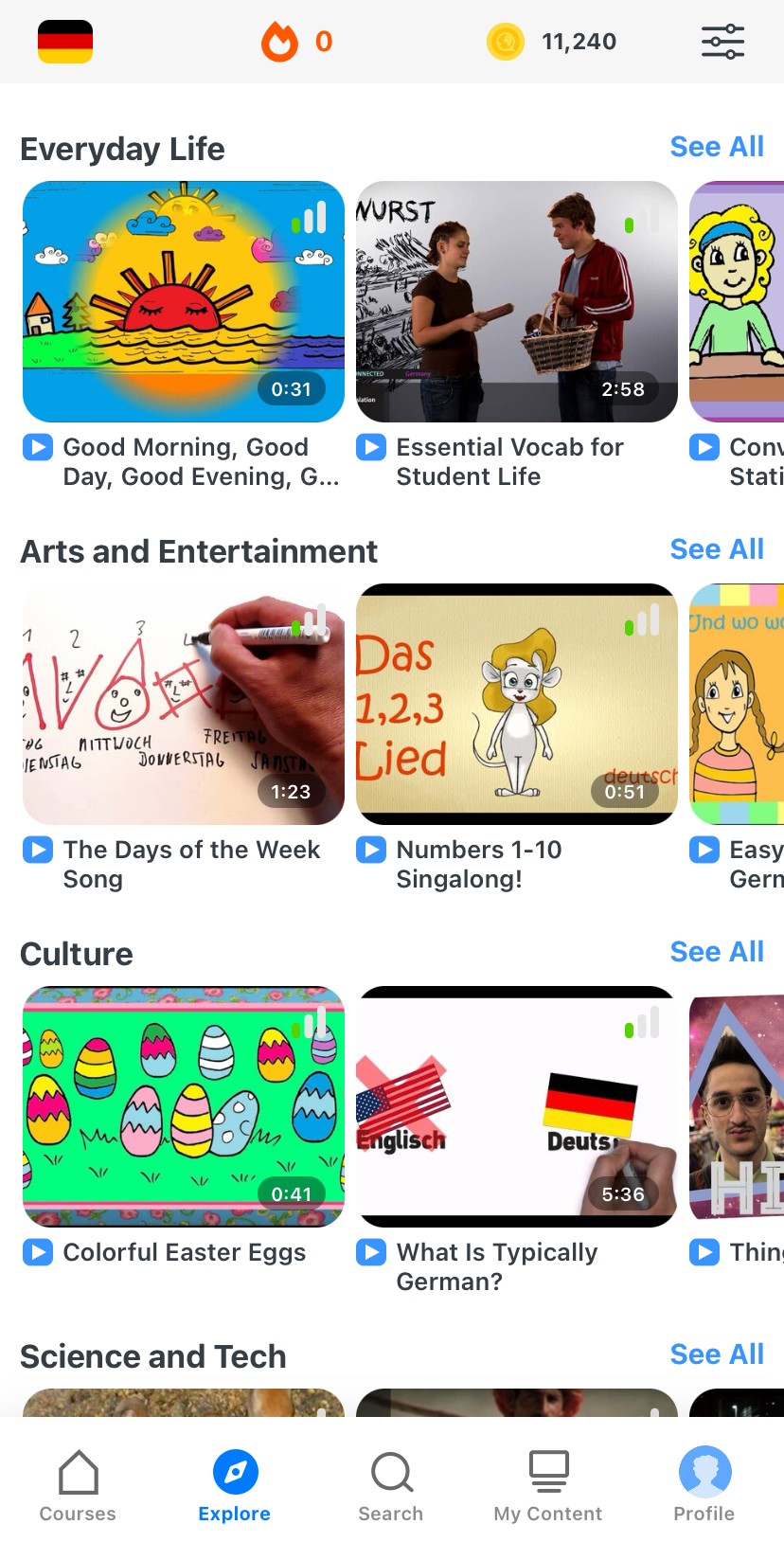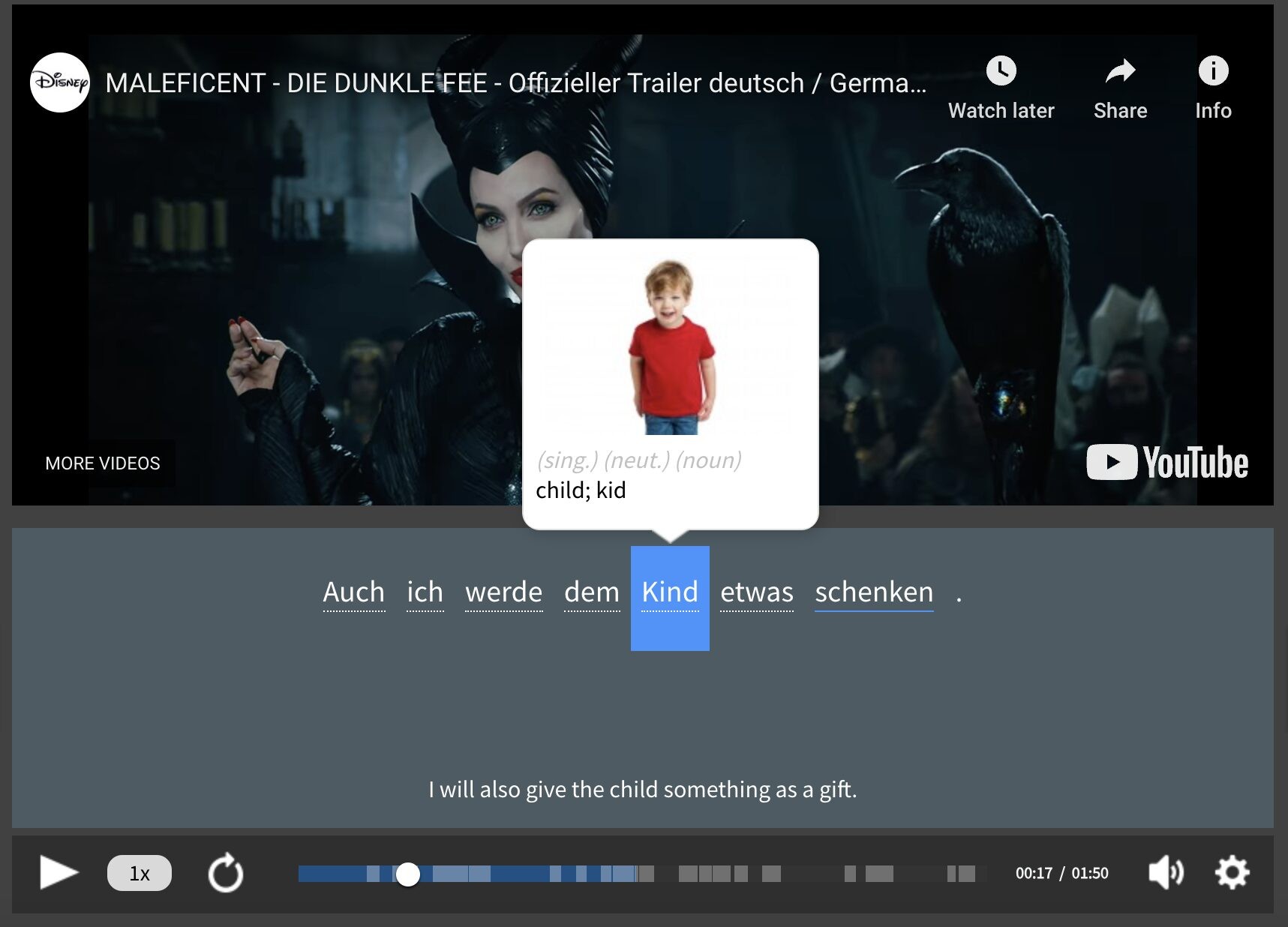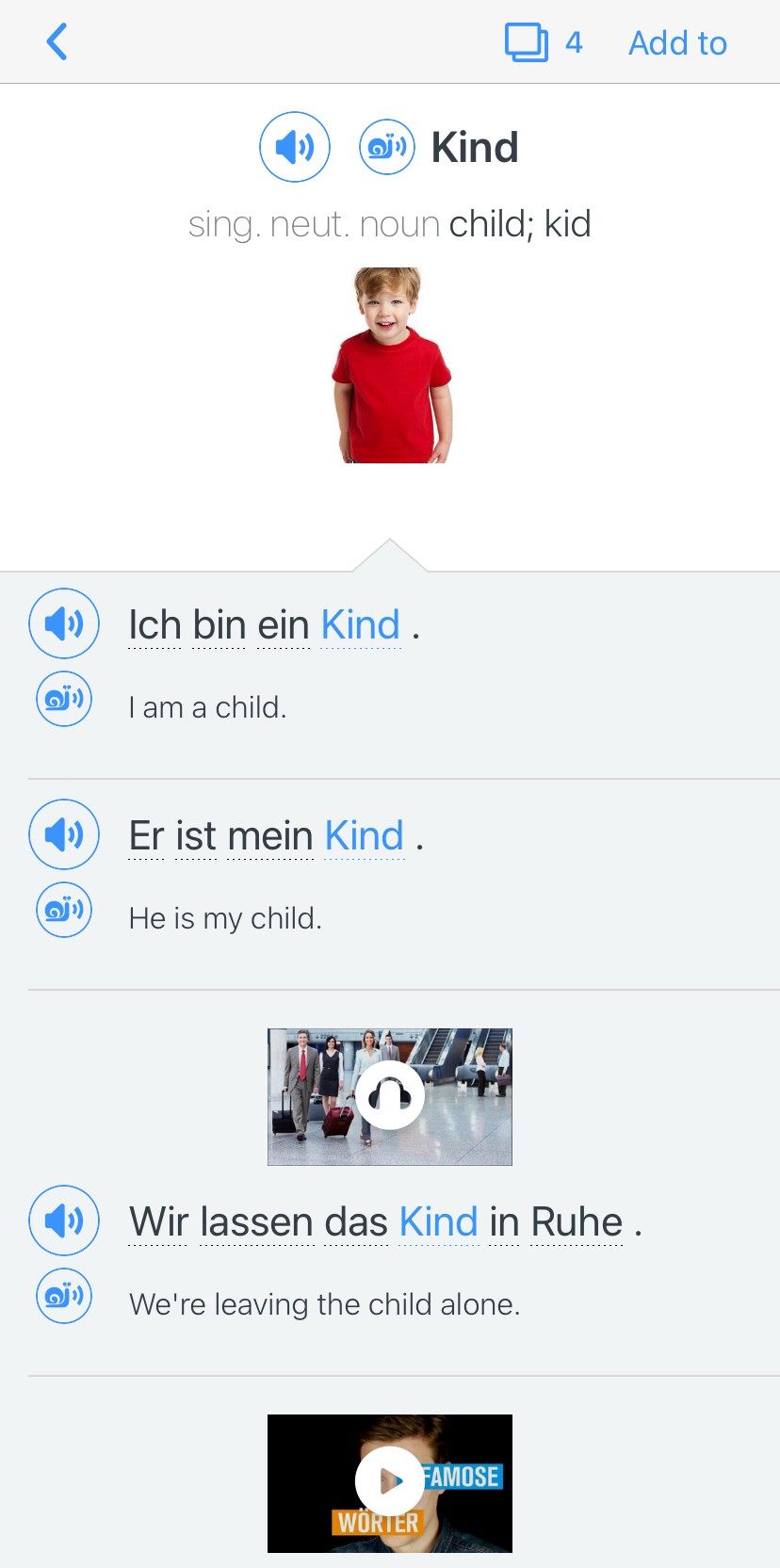Learn Swiss German to unlock a new culture and enhance your German language skills. This guide, brought to you by LEARNS.EDU.VN, provides practical tips, essential vocabulary, and effective learning methods. Discover the unique characteristics of Swiss German and how to master this fascinating dialect, making your journey to fluency in German language and culture more rewarding.
1. Understanding Swiss German: An Overview
Swiss German, or Schwiizertüütsch, is a collection of Alemannic dialects spoken in Switzerland. It’s more than just a regional accent; it’s a vibrant and distinct form of German. Understanding Swiss German involves recognizing its unique sounds, vocabulary, and grammatical structures that differ from standard German (Hochdeutsch). This dialect reflects the rich cultural heritage and regional diversity of Switzerland. For those looking to immerse themselves fully in the Swiss experience, learning Swiss German is essential.
1.1. What Makes Swiss German Unique?
Swiss German stands apart due to several key features. Firstly, its pronunciation often differs significantly from standard German. The famous “ch” sound is prevalent, and certain vowels and diphthongs are pronounced differently. Secondly, Swiss German has its own vocabulary, with many words and expressions not found in standard German. For instance, the Swiss German word for “hello” is Grüezi, while in standard German, it’s Hallo. These linguistic differences make Swiss German a unique and challenging language to learn.
1.2. The Relationship Between Swiss German and Standard German
While Swiss German is the vernacular language, standard German is widely used in writing and formal settings. Most Swiss people understand and can speak standard German, which is taught in schools. However, Swiss German remains the primary language for everyday conversation, media, and local culture. Think of it like this: Standard German is the language of textbooks and news broadcasts, while Swiss German is the language of the streets and homes. Knowing both allows for full integration into Swiss society.
1.3. Why Learn Swiss German?
Learning Swiss German offers numerous benefits. It enhances your understanding of Swiss culture, allowing you to connect with locals on a deeper level. It also improves your overall German language skills, as you become more attuned to the nuances of pronunciation and vocabulary. Furthermore, learning Swiss German opens doors to travel, work, and study opportunities in Switzerland. According to a study by the Swiss Federal Statistical Office, multilingual individuals often have an easier time integrating into the workforce and society.
2. Essential Characteristics of Swiss German
Mastering Swiss German involves understanding its distinct characteristics. From the pronunciation of the letter “ch” to the unique diminutive suffix, each feature adds to the dialect’s charm and complexity. Let’s explore these essential characteristics in detail.
2.1. The Ubiquitous “ch” Sound
One of the most distinctive features of Swiss German is the frequent use of the “ch” sound. This sound, similar to the Scottish “loch” or the German “ach,” appears in many words, often replacing the “k” sound found in standard German.
- Examples:
- Standard German Küche (kitchen) becomes Swiss German Chuchi.
- Standard German Kuchen (cake) might be adapted to something with a “ch” sound depending on the specific dialect.
Mastering this sound is crucial for understanding and speaking Swiss German. Practice by listening to native speakers and imitating their pronunciation.
2.2. Absence of “n” at the End of Infinitives
In standard German, infinitives typically end in “en” or “n.” However, in Swiss German, this “n” is often dropped. This affects verb conjugations as well.
- Examples:
- Standard German machen (to do) becomes Swiss German mache.
- Standard German sagen (to say) becomes Swiss German sage.
| Verb | Standard German | Swiss German |
|---|---|---|
| To make | machen | mache |
| To drink | trinken | trinke |
| To go | gehen | go |




This simplification makes verb conjugation slightly easier in Swiss German.
2.3. The Diminutive Suffix “li”
Swiss German uses the diminutive suffix “li” to indicate smallness, endearment, or familiarity. This suffix is added to the end of nouns to create a smaller, cuter version of the original word.
- Examples:
- Standard German Haus (house) could become Swiss German Hüüsli (small house).
- Standard German Buch (book) becomes Swiss German Büechli (small book).
This suffix is widely used in everyday conversation, adding a touch of warmth and affection to the language.
2.4. “s” Before a Consonant Becomes “sch”
In Swiss German, when the letter “s” appears before a consonant, it is typically pronounced as “sch.” This rule is consistent and applies to most words.
- Examples:
- Standard German spielen (to play) does not change as the “s” is not before a consonant.
- Standard German Wespe (wasp) becomes Swiss German Wäschpi.
This phonetic shift is a hallmark of Swiss German pronunciation and distinguishes it from standard German.
2.5. “e” at the End of Words Often Changes to “i”
Many words in standard German that end in “e” are pronounced with an “i” sound in Swiss German. This change affects both pronunciation and, sometimes, spelling.
- Examples:
- Standard German Küche (kitchen) becomes Swiss German Chuchi.
- Standard German Strasse (street) is more likely to be pronounced with more of an “e” sound, but regional variations exist.
This vowel shift is a common feature of Swiss German and contributes to its unique sound.
2.6. Diphthongs Often Become Single Vowels
A diphthong is a combination of two vowel sounds within a single syllable. In Swiss German, many diphthongs found in standard German are simplified into single vowel sounds.
- Examples:
- Standard German Haus (house) becomes Swiss German Huus.
- Standard German Baum (tree) might become something closer to Buum in some dialects.
This simplification streamlines pronunciation and makes Swiss German sound more concise.
2.7. Absence of “ß” (Eszett)
Swiss German does not use the “ß” (Eszett) character, which is used in standard German to represent a double “s” sound after long vowels or diphthongs. Instead, Swiss German uses “ss” in all cases.
- Examples:
- Standard German heißen (to be called) becomes Swiss German heisse.
- Standard German Straße (street) becomes Swiss German Strasse.
This simplification makes spelling easier and more consistent in Swiss German.
3. Useful Swiss German Vocabulary
Building a strong vocabulary is essential for learning any language, and Swiss German is no exception. Here’s a list of useful Swiss German words and phrases to get you started.
| Swiss German Word/Phrase | Pronunciation | English Translation |
|---|---|---|
| Grüezi | groo-eh-tsee | Hello |
| Adieu | a-dee-uh | Goodbye |
| Merci vilmal | mehr-see feel-mahl | Thank you very much |
| Bitte | bit-teh | Please/You’re welcome |
| Sali | sah-lee | Hi (informal) |
| Wie gahts? | vee gahts | How are you? |
| Mir gahts guet | meer gahts goo-et | I am fine |
| Was choschtet das? | vas cosh-tet das | How much does that cost? |
| Äxgüsi | eks-goo-see | Excuse me |
| Helfe | hel-feh | To help |
| I verstah nüt | ee fair-shtah noot | I don’t understand |
| Jo | yo | Yes |
| Nei | nay | No |
| Villeicht | feel-leicht | Maybe |
| Znüni | ts-noo-nee | Morning snack |
| Zmittag | ts-mee-tag | Lunch |
| Zvieri | ts-fee-ree | Afternoon snack |
| Znacht | ts-nacht | Dinner |
| Chuchichäschtli | koo-khi-kesht-lee | Kitchen cupboard |
| Chäs | khays | Cheese |
| Brot | brot | Bread |
| Wasser | vas-ser | Water |
| Wii | vee | Wine |
| Velo | veh-lo | Bicycle |
| Poscht | posht | Mail/Post |
| Hüüsli | hooys-lee | Toilet |
This table provides a solid foundation for basic communication in Swiss German.
4. Effective Methods to Learn Swiss German
Learning Swiss German requires a multifaceted approach. While formal courses are available, many learners find success through immersion, online resources, and language exchange partners. Here are some effective methods to learn Swiss German.
4.1. Immersion in Swiss Culture
Immersing yourself in Swiss culture is one of the most effective ways to learn Swiss German. This involves surrounding yourself with the language and culture as much as possible.
- Watch Swiss TV and Movies: Watching Swiss TV shows and movies can help you get accustomed to the sounds and rhythms of Swiss German. Look for programs with subtitles to aid comprehension.
- Listen to Swiss Music: Listening to Swiss music exposes you to the language in a fun and engaging way. Pay attention to the lyrics and try to understand the meaning.
- Travel to Switzerland: If possible, travel to Switzerland and spend time in Swiss-German speaking regions. This provides opportunities to practice your language skills in real-life situations.
- Attend Swiss Cultural Events: Attend Swiss cultural events, such as festivals, concerts, and markets. This allows you to interact with native speakers and learn about Swiss traditions.
By immersing yourself in Swiss culture, you’ll gain a deeper understanding of the language and its context.
4.2. Online Resources and Apps
Numerous online resources and apps can help you learn Swiss German. These resources offer a variety of learning materials, including vocabulary lists, grammar lessons, and interactive exercises.
- LEARNS.EDU.VN: Check out LEARNS.EDU.VN for articles, guides, and potentially courses related to language learning, including German and its dialects.
- Duolingo: While Duolingo doesn’t offer a specific Swiss German course, it can be used to learn standard German, which provides a foundation for understanding Swiss German.
- Memrise: Memrise offers user-created courses on Swiss German, focusing on vocabulary and pronunciation.
- YouTube Channels: Several YouTube channels offer lessons and insights into Swiss German. Search for channels dedicated to Swiss German language learning.
These online resources and apps provide flexible and convenient ways to learn Swiss German at your own pace.
4.3. Language Exchange Partners
Connecting with language exchange partners is a great way to practice your Swiss German skills and receive feedback from native speakers.
- Online Language Exchange Platforms: Use platforms like HelloTalk, Tandem, or italki to find Swiss German speakers who are interested in learning your native language.
- Language Meetups: Attend language meetups or conversation groups in your area. This provides opportunities to practice your language skills in a social setting.
- Online Tutoring: Consider hiring an online tutor who specializes in Swiss German. A tutor can provide personalized instruction and help you improve your language skills.
Language exchange partners offer valuable opportunities to practice your Swiss German skills and learn about Swiss culture.
4.4. Formal Language Courses
If you prefer structured learning, consider enrolling in a formal Swiss German language course. These courses are typically offered by language schools, universities, or community centers.
- Language Schools in Switzerland: If you’re in Switzerland, consider enrolling in a language course at a local language school.
- Online Language Schools: Several online language schools offer courses in German, which can provide a foundation for learning Swiss German.
- University Courses: Some universities offer courses in German language and culture, which may include elements of Swiss German.
Formal language courses provide structured instruction and a supportive learning environment.
4.5. Focus on Pronunciation
Pronunciation is crucial in Swiss German, as many words are pronounced differently from standard German.
- Listen to Native Speakers: Listen to native Swiss German speakers as much as possible. Pay attention to their pronunciation and try to imitate their sounds.
- Use Pronunciation Guides: Use pronunciation guides and audio recordings to learn the correct pronunciation of Swiss German words and phrases.
- Practice with a Language Partner: Practice your pronunciation with a language partner and ask for feedback.
- Record Yourself: Record yourself speaking Swiss German and listen back to identify areas for improvement.
By focusing on pronunciation, you’ll improve your ability to understand and speak Swiss German.
5. Common Mistakes to Avoid When Learning Swiss German
Learning Swiss German can be challenging, and it’s easy to make mistakes along the way. Here are some common mistakes to avoid.
5.1. Neglecting Pronunciation
One of the biggest mistakes learners make is neglecting pronunciation. Swiss German pronunciation differs significantly from standard German, and ignoring these differences can lead to misunderstandings.
- Solution: Focus on learning the correct pronunciation of Swiss German words and phrases. Listen to native speakers, use pronunciation guides, and practice with a language partner.
5.2. Ignoring Regional Variations
Swiss German is not a single, unified language. It consists of numerous dialects, each with its own unique features. Ignoring these regional variations can lead to confusion and miscommunication.
- Solution: Be aware of the regional variations in Swiss German and try to learn the specific dialect spoken in the region you’re interested in.
5.3. Over-Reliance on Standard German
While knowledge of standard German can be helpful, it’s important not to rely too heavily on it when learning Swiss German. Many words and expressions in Swiss German are different from standard German, and simply translating from standard German can lead to errors.
- Solution: Focus on learning Swiss German vocabulary and grammar. Use Swiss German learning materials and resources, and avoid relying too much on standard German.
5.4. Lack of Immersion
Lack of immersion can hinder your progress in learning Swiss German. If you’re not exposed to the language and culture regularly, it can be difficult to develop fluency.
- Solution: Immerse yourself in Swiss culture as much as possible. Watch Swiss TV and movies, listen to Swiss music, and try to interact with native speakers.
5.5. Giving Up Too Easily
Learning Swiss German can be challenging, and it’s easy to get discouraged. However, giving up too easily will prevent you from achieving your language learning goals.
- Solution: Stay motivated and persistent in your language learning efforts. Set realistic goals, celebrate your progress, and don’t be afraid to make mistakes.
By avoiding these common mistakes, you’ll increase your chances of success in learning Swiss German.
6. Swiss German Dialects: A Brief Overview
Swiss German consists of numerous dialects, each with its own unique characteristics. Understanding these dialects can enhance your appreciation of the language and culture.
6.1. Zurich German (Züritüütsch)
Zurich German is spoken in the canton of Zurich and is one of the most widely understood Swiss German dialects. It’s often considered a standard form of Swiss German.
6.2. Bernese German (Bärndütsch)
Bernese German is spoken in the canton of Bern and is known for its unique pronunciation and vocabulary. It’s often considered one of the most challenging Swiss German dialects to understand.
6.3. Basel German (Baseldütsch)
Basel German is spoken in the canton of Basel and is characterized by its French influences and distinct vocabulary.
6.4. Lucerne German (Lozärntüütsch)
Lucerne German is spoken in the canton of Lucerne and is known for its melodic intonation and unique expressions.
6.5. St. Gallen German (Sanggallertüütsch)
St. Gallen German is spoken in the canton of St. Gallen and is characterized by its Alemannic influences and distinct vocabulary.
Each of these dialects offers a unique glimpse into the linguistic diversity of Switzerland.
7. Tips for Improving Your Swiss German Listening Comprehension
Improving your Swiss German listening comprehension is essential for understanding native speakers and engaging in conversations. Here are some tips to help you improve your listening skills.
7.1. Start with Short Audio Clips
Begin by listening to short audio clips, such as dialogues, news reports, or songs. This allows you to focus on specific sounds and words without feeling overwhelmed.
7.2. Listen Actively
Listen actively by paying attention to the speaker’s pronunciation, intonation, and rhythm. Try to identify key words and phrases, and don’t be afraid to pause and rewind if you miss something.
7.3. Use Subtitles
Use subtitles to aid comprehension. Watch Swiss TV shows and movies with subtitles in standard German or English. This can help you understand the meaning of unfamiliar words and phrases.
7.4. Practice Regularly
Practice your listening skills regularly by listening to Swiss German audio or video content every day. The more you listen, the better you’ll become at understanding native speakers.
7.5. Focus on Context
Focus on the context of the conversation to help you understand the meaning of unfamiliar words and phrases. Pay attention to the speaker’s body language, facial expressions, and tone of voice.
7.6. Don’t Be Afraid to Ask for Clarification
Don’t be afraid to ask native speakers to repeat or clarify something if you don’t understand it. Most Swiss people are happy to help language learners and will appreciate your effort to communicate in Swiss German.
8. Resources for Learning Swiss German Online
Learning Swiss German online offers flexibility and convenience. Here are some resources to help you learn Swiss German from the comfort of your own home.
8.1. LEARNS.EDU.VN
LEARNS.EDU.VN provides a wealth of educational resources, including articles, guides, and courses on language learning. Check out LEARNS.EDU.VN for materials related to German and its dialects, including Swiss German.
8.2. Online Dictionaries
Use online dictionaries to look up unfamiliar words and phrases. Some popular online dictionaries for German include:
- dict.cc: A comprehensive online dictionary with translations in multiple languages.
- LEO: Another popular online dictionary with a wide range of vocabulary and grammar resources.
- Wiktionary: A collaborative, open-source dictionary with definitions and translations in multiple languages.
8.3. Language Learning Apps
Use language learning apps to practice your vocabulary, grammar, and pronunciation. Some popular language learning apps for German include:
- Duolingo: A popular language learning app with gamified lessons and personalized learning paths.
- Memrise: A language learning app that uses spaced repetition to help you memorize vocabulary and grammar.
- Babbel: A subscription-based language learning app with structured courses and interactive exercises.
8.4. YouTube Channels
Watch YouTube channels dedicated to Swiss German language learning. These channels offer lessons, tips, and insights into Swiss German language and culture.
8.5. Online Forums and Communities
Join online forums and communities for Swiss German learners. These forums provide opportunities to ask questions, share resources, and connect with other learners.
9. How to Practice Swiss German in Everyday Situations
Practicing Swiss German in everyday situations is essential for developing fluency and confidence. Here are some tips on how to practice Swiss German in your daily life.
9.1. Greet People in Swiss German
Start by greeting people in Swiss German. Use phrases like Grüezi (hello) or Adieu (goodbye) when you meet someone.
9.2. Order Food and Drinks in Swiss German
When you’re at a restaurant or cafe, try ordering food and drinks in Swiss German. Use phrases like Ich möchte… (I would like…) or Was choschtet das? (How much does that cost?).
9.3. Ask for Directions in Swiss German
If you’re lost or need directions, try asking for help in Swiss German. Use phrases like Wo isch…? (Where is…?) or Wie chunnt me zu…? (How do you get to…?).
9.4. Make Small Talk in Swiss German
Engage in small talk with native speakers in Swiss German. Ask about their day, their interests, or their opinions on current events.
9.5. Use Swiss German at Work or School
If you work or study in a Swiss-German speaking environment, try to use Swiss German as much as possible. This will help you improve your language skills and build relationships with your colleagues or classmates.
9.6. Label Objects in Your Home with Swiss German Words
Label objects in your home with their Swiss German names. This will help you memorize vocabulary and associate words with real-world objects.
10. Frequently Asked Questions (FAQs) About Learning Swiss German
Here are some frequently asked questions about learning Swiss German.
10.1. Is Swiss German a Real Language?
Yes, Swiss German is a collection of Alemannic dialects spoken in Switzerland. While it’s not a standardized language like standard German, it’s a distinct and vibrant form of German with its own unique characteristics.
10.2. Is Swiss German Difficult to Learn?
Swiss German can be challenging to learn, especially for those who are not familiar with German. However, with dedication, persistence, and the right resources, it’s definitely possible to learn Swiss German.
10.3. Do I Need to Learn Standard German First?
While it’s not essential to learn standard German first, it can be helpful. Knowledge of standard German provides a foundation for understanding Swiss German grammar and vocabulary.
10.4. How Long Does It Take to Learn Swiss German?
The amount of time it takes to learn Swiss German depends on several factors, including your prior language learning experience, your learning style, and the amount of time you dedicate to studying. However, with consistent effort, you can achieve a basic level of fluency in Swiss German within a few months.
10.5. What’s the Best Way to Learn Swiss German?
The best way to learn Swiss German is to use a multifaceted approach that includes immersion, online resources, language exchange partners, and formal language courses. Focus on pronunciation, be aware of regional variations, and don’t be afraid to make mistakes.
10.6. Can I Learn Swiss German on Duolingo?
Currently, Duolingo does not offer a specific Swiss German course. However, you can use Duolingo to learn standard German, which provides a foundation for understanding Swiss German.
10.7. Are There Any Swiss German Language Schools?
Yes, there are several language schools in Switzerland that offer courses in Swiss German. You can also find online language schools that offer courses in German, which can provide a foundation for learning Swiss German.
10.8. How Can I Find a Swiss German Language Partner?
You can find a Swiss German language partner by using online language exchange platforms like HelloTalk, Tandem, or italki. You can also attend language meetups or conversation groups in your area.
10.9. What Are Some Common Swiss German Phrases?
Some common Swiss German phrases include Grüezi (hello), Adieu (goodbye), Merci vilmal (thank you very much), and Wie gahts? (how are you?).
10.10. Where Can I Find More Information About Swiss German?
You can find more information about Swiss German on websites like LEARNS.EDU.VN, online dictionaries, language learning apps, and YouTube channels dedicated to Swiss German language learning.
Learning Swiss German is a rewarding experience that opens doors to a new culture and enhances your language skills. With dedication, persistence, and the right resources, you can achieve your language learning goals.
Start your journey to mastering Swiss German today! Visit LEARNS.EDU.VN for more resources and guidance. Our comprehensive articles, expert tips, and curated courses will help you unlock the beauty and nuances of this unique dialect. Whether you’re a beginner or an advanced learner, LEARNS.EDU.VN is your trusted partner in language education.
For additional information and support, contact us at:
Address: 123 Education Way, Learnville, CA 90210, United States
WhatsApp: +1 555-555-1212
Website: learns.edu.vn
